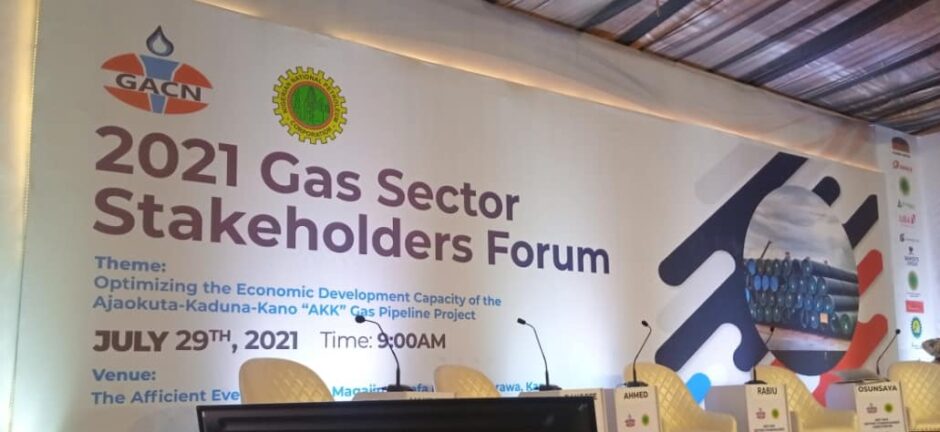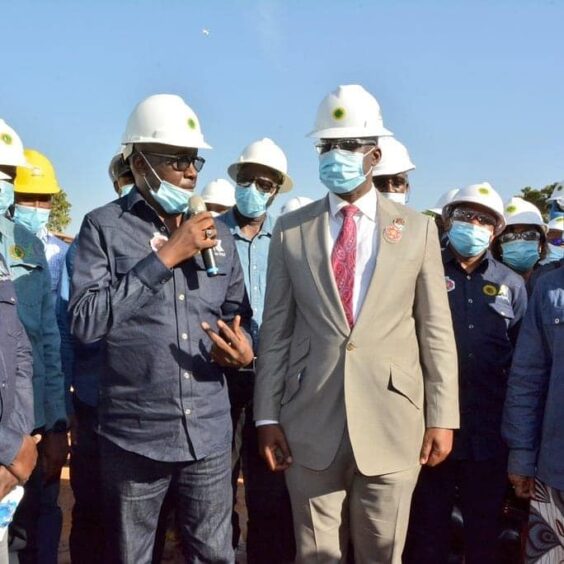
Nigeria will deliver the Ajaokuta-Kaduna-Kano (AKK) gas pipeline on schedule, Nigerian National Petroleum Corp. (NNPC) head Mele Kyari has insisted.
There have been reports that Chinese funding for the pipeline has dried up and that Nigeria was seeking new sources of financing.
Speaking at the Gas Sector Stakeholders’ Forum, in Kano, Kyari was defiant on the pipeline’s prospects.
“I want to state clearly that this gathering would not have been possible if we don’t have a line of sight to the completion of the AKK gas pipeline project,” Kyari said.
Nigerian President Muhammadu Buhari has highlighted the need to “deepen domestic gas consumption with a view to creating prosperity out of the enormous gas resources we have as a nation. He has given us all the necessary support and incentives to deliver on this project,” Kyari said.
The AKK link will provide at least 2 billion cubic feet per day of gas, he continued. There is the “potential to increase it. What this means is that it will debottleneck the gas supply network in the entire country.”
 Kyari noted the pipeline would create new employment and opportunities for Nigerian citizens. The pipeline will drive the development of three independent power plants (IPPs), in Abuja, Kaduna and Kano.
Kyari noted the pipeline would create new employment and opportunities for Nigerian citizens. The pipeline will drive the development of three independent power plants (IPPs), in Abuja, Kaduna and Kano.
These IPPs will provide new electricity supply to SMEs in the country.
Construction began on the pipeline in June 2020.
Outreach
The NNPC head went on to say the AKK was the first step towards the Trans Sahara Gas Pipeline (TSGP). This would see gas carried north, through Niger and into Algeria. From North Africa, the gas would be exported into Europe.
The TSGP plan has been around for some years. It is unlikely to be built because of security issues and demand uncertainty.
Reports emerged earlier this month that Nigeria was looking to source $1 billion of financing to support the AKK project. Reuters quoted NNPC sources as saying the company was negotiating with Chinese lenders but saying there was no cause for alarm.
The report said Chinese financiers were worried about too much exposure to Nigerian risk. Beijing has dialled back much of its aggressive foreign financing in the last year or two.
There have also been concerns about costs on the AKK link increasing.
